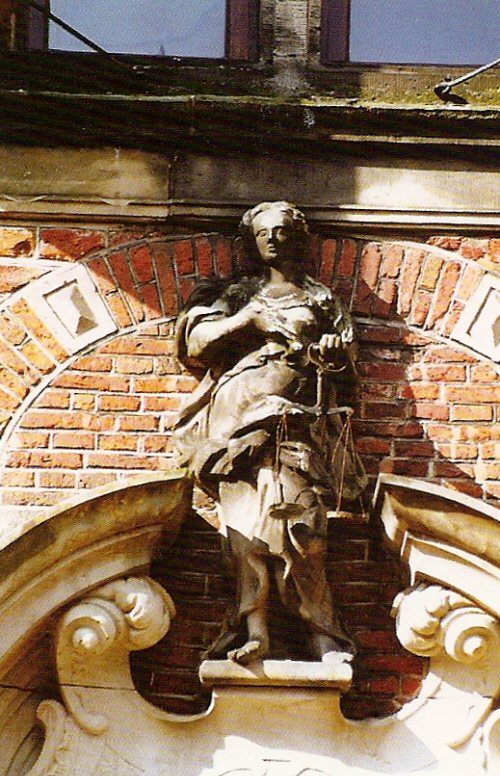Thursday October 27, 2016
Groningen, The Netherlands
Topic
Determining the facts in crime cases is a complex task, and errors have serious consequences (cf. miscarriages of justice in the Netherlands and elsewhere). How can forensic evidence be handled effectively and safely? That is the question addressed in this workshop. More specifically, the workshop focuses on two analytic tools that are currently studied for the coherent combination of evidence: scenarios and Bayesian networks.Scenarios provide alternative interpretations that make sense of the evidence, and are assessed for plausibility, consistency and coherence. Bayesian networks are a tool for the correct handling and updating of probabilistic information, optimized for the handling of dependencies. Analyses using scenarios and Bayesian networks strike different balances when combining the qualitative and quantitative information available in bodies of forensic evidence (for instance, witness testimonies and DNA profiles).
The speakers have been asked to address the issue when the evidence supports a decision about the facts beyond a reasonable doubt.
The themes discussed at the workshop are actively debated among professionals and academics (cf. a scientific programme at the Isaac Newton Institute for Mathematical Sciences, now running at the University of Cambridge).
Program
The workshop takes place in the afternoon (13:00-17:00), followed by informal drinks.Norman Fenton (Queen Mary University, London)
Beyond a reasonable doubt: a Bayesian perspective
Jeroen Keppens (King's College London)
Explaining Bayesian belief revision with arguments
Henry Prakken (Utrecht University; University of Groningen)
On how expert witnesses can give useful Bayesian analyses of complex criminal cases
Silja Renooij (Utrecht University)
Beyond a reasonable doubt. . . within a margin of error?
Floris Bex (Utrecht University)
Probabilistic decision-making based on Arguments and Scenarios
Jan de Koeijer (Netherlands Forensic Institute The Hague)
A practical approach to combining interdisciplinary forensic evidence in complex cases
RSVP for lunch
RSVP for organisational reasons by sending a message to Bart Verheij (bart.verheij@rug.nl), indicating whether you would like to attend an informal lunch at the location, served at 12:00 (no charge, limited availability).Occasion
The workshop is organized in connection with the public defence of Charlotte Vlek's PhD dissertation `When Stories and Numbers Meet in Court. Constructing and Explaining Bayesian Networks for Criminal Cases with Scenarios' (download dissertation, press report).Charlotte Vlek defends her dissertation on the day after the workshop (Friday October 28, 2016, 11:00; Aula University of Groningen). Charlotte Vlek completed her dissertation in the project `Designing and Understanding Forensic Bayesian Networks with Arguments and Scenarios', supported by the NWO Forensic Science program.
Location
The workshop is organized in the city center of Groningen, at about twenty minutes walking distance from the Groningen railway station. The workshop takes place in the old courtroom of the former court, now in the building of the University of Groningen's Faculty of Theology: Oude Boteringestraat 38 in Groningen. If you come by car you can use the Ossenmarkt parking, a few minutes' walk away from the workshop location.Organisation
The workshop is organised by Bart Verheij, Elina Sietsema and Carlijne de Vries (Institute of Artificial Intelligence, University of Groningen) and is part of the research project `Designing and Understanding Forensic Bayesian Networks with Arguments and Scenarios', supported by the NWO Forensic Science program.